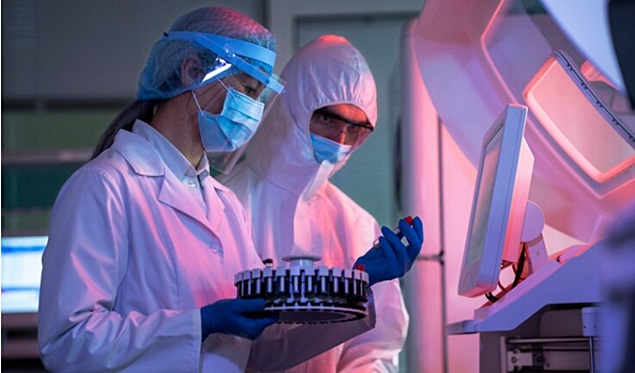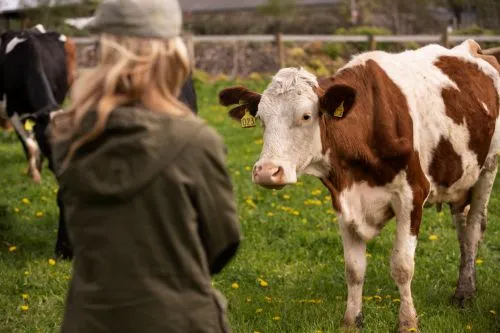1406

According to ANSVSA, on June 7, the World Food Safety Day was celebrated internationally under the theme "Food Safety: Prepare for the Unexpected."
This year's message emphasizes the importance of being prepared to manage food safety incidents, regardless of their severity.
Food safety incidents refer to situations where there is a potential or confirmed health risk associated with the consumption of food. These incidents can arise from accidents, unintentional contamination, food fraud, or natural events.
Food safety incidents can range from minor events to major international crises. Food safety hazards know no borders, and an increasingly interconnected global food supply means that risks from unsafe food can quickly escalate from a local problem to an international emergency.
Although preparing to manage food incidents requires dedicated efforts from decision-makers, food safety authorities, farmers, and food industry operators, consumers can also play an active role. We are reminded on this occasion that food safety is a collective responsibility - everyone from producers to consumers is involved and must engage.
Celebrating this day internationally is an opportunity for all involved parties to increase awareness and strengthen efforts to ensure the food we consume is safe, thereby reducing the negative impact of foodborne illnesses or other food-related diseases.
The National Veterinary Health and Food Safety Authority (ANSVSA) has developed national response plans for food safety emergencies and is continually working to enhance its monitoring and control capacity. Through its actions in prevention, detection, and risk management, ANSVSA substantially contributes to protecting human health.
Recently, ANSVSA inaugurated the new premises of the Institute of Veterinary Hygiene and Public Health. The relocation and modernization of this institute are expected to increase analytical capacity by over 35%, with the number of annual food safety analyses expected to rise to approximately 28,000 (compared to an average of 20,448 analyses in the past four years).
For situations where food poses a health risk to consumers, ANSVSA uses the Rapid Alert System for Food and Feed (RASFF), a specific communication and rapid action tool that enables efficient and coordinated management of such situations.
ANSVSA's mission is fulfilled daily, 24/7, through the dedicated work of its employees: veterinarians, human doctors, food industry chemists, biologists, and other specialists from various fields, professionals who function as a true team by combining and complementing their knowledge and experience.
Additionally, food industry operators must develop their own risk management plans and collaborate with each other and the competent authorities, while consumers need to understand the implications of unexpected food incidents that may affect them, and know how to react, report, or respond to such incidents.
Today's event, marking World Food Safety Day, is part of the "Safe2Eat" campaign organized at the European Union level, in which ANSVSA is participating for the second year.
The European consumer awareness campaign Safe2Eat will return to Romania in 2024, focusing on three essential themes: food additives, allergens, and food recycling. The campaign, conducted by the European Food Safety Authority (EFSA), is in its fourth edition in the European Union, previously known as EUChooseSafeFood, and aims to raise awareness of food safety among European citizens. Safe2Eat Romania (Photo: Freepik)





